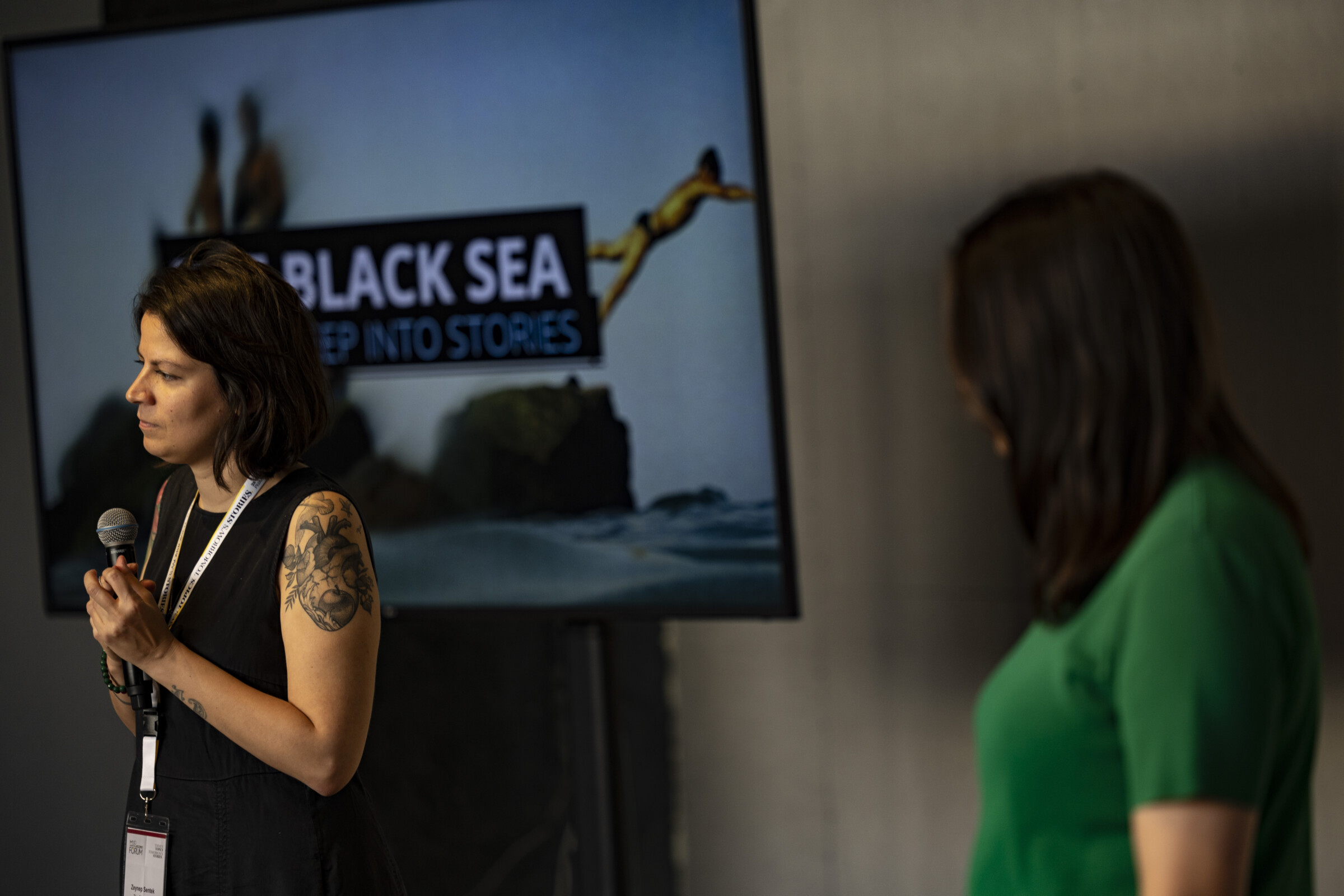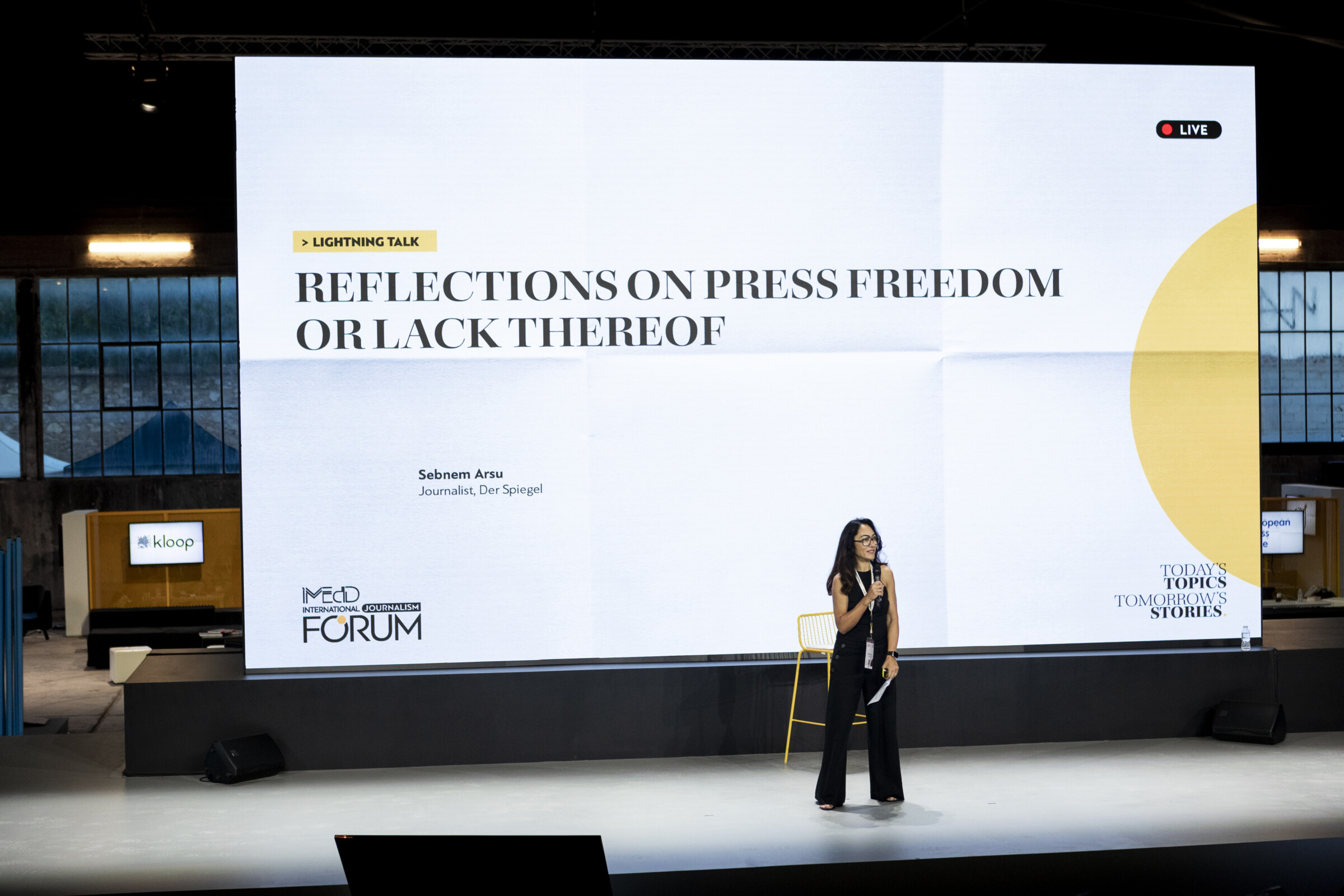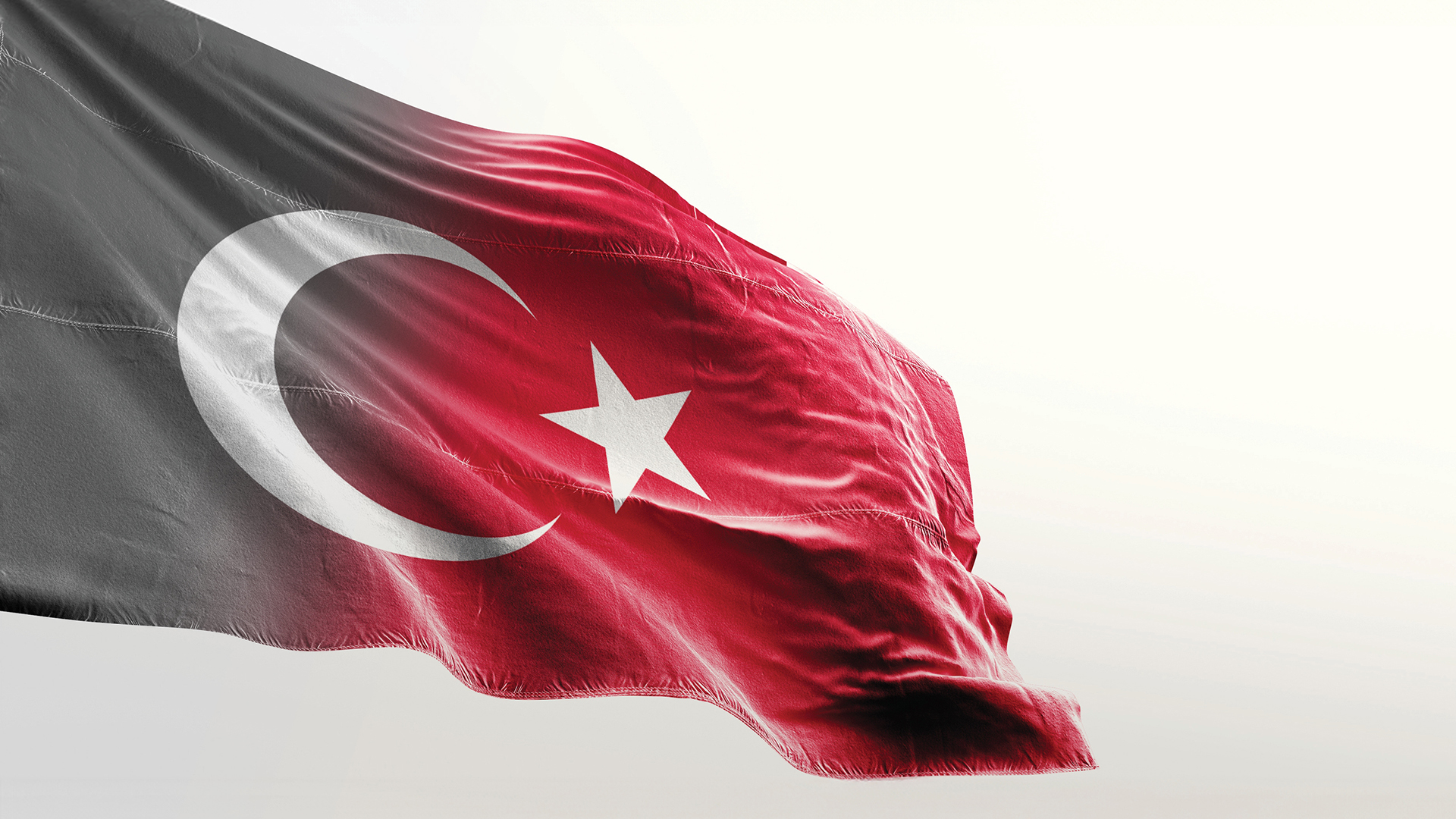What should a foreign journalist know before working in Turkey? Two Turkish journalists, Sebnem Arsu and Zeynep Sentek, offer practical advice to journalists interested in reporting from Turkey, as part of iMEdD’s International Journalism Forum.
Sustainable journalism: Practical steps to fund your work

In the contemporary world, journalism is more necessary than ever. However, what happens when journalists and newsrooms face funding problems?
Turkey is a country that often makes headlines in international news. With a large and relatively young population and the second-largest army in NATO, it possesses a rich history and culture dating back centuries. Coupled with its strategic geographical location, Turkey emerges as a “bridge” between East and West.
Turkey is involved in active regional conflicts across the broader Southeastern Mediterranean region, with engagements in Syria, Libya, and Nagorno-Karabakh, among others. The nation’s volatile economy, its relations with the European Union, the 2016 coup, the impact of the devastating 2023 earthquake and the elections of the same year, the persisting Kurdish issue, and the significant refugee populations within the country attract numerous journalists from international media to visit and work there. However, the environment for journalists is not always welcoming. In 2022, Turkey ranked among the top 5 countries globally for the highest number of journalists arrested, according to CPJ. An estimated 40 journalists were detained in the country during that year.
What should international media journalists know before working in Turkey? What applications do they need to fill out? How should they handle the first steps upon arrival? How can they locate reliable sources and local journalists? Sebnem Arsu and Zeynep Sentek offer practical advice on reporting in Turkey.
Accreditation
The first crucial step to work as a journalist in Turkey must be taken before arriving in the country. “Some people think the process is as straightforward as packing a suitcase and flying to Istanbul. It’s not,” says Sebnem Arsu, a correspondent who’s worked for major international media outlets, including the New York Times, Der Spiegel, and Politico. “To be safe, given the current political climate in the country, you need to be accredited,” she adds. This accreditation involves a foreign journalist applying for a journalist visa at a Turkish consulate in their home country. Once secured, this visa allows entry into Turkey specifically for journalistic purposes. For those planning to work as freelancers, establishing contacts with Turkish media before arrival is advisable, as these connections facilitate the application process for a journalist visa. Upon arrival in Turkey, the subsequent steps involve obtaining a press card and applying for a residence permit. The press card is issued by the Directorate of Communications, while the residency permit is essential for practical matters such as renting a house, opening a bank account, and obtaining a local SIM card for their mobile phone. The accreditation process can be completed online, and detailed instructions, along with all necessary documents, are available here.
In breaking news situations, the Directorate of Communications provides applications for temporary journalist accreditation, enabling journalists to enter Turkey for short-term reporting needs.
Residence and language
When deciding on a place of residence, a pivotal factor is the topics that each journalist intends to cover, notes Zeynep Sentek, chairperson of The Black Sea, an independent journalism organization focusing on Turkey and the Black Sea region. The majority of journalists opt for either Ankara or Istanbul. Ankara is typically chosen by correspondents specializing in breaking news, particularly in the political realm. In contrast, Istanbul provides a broader spectrum of topics, making it an ideal permanent home for journalists. Alternatively, choices like Gaziantep and Diyarbakir are preferred by those interested in covering the southeastern part of the country.
Language is a crucial aspect. “People will like you a lot if you speak even a little Turkish. But it is Turkish. I don’t know how easy it is for a foreigner to speak it,” says Zeynep Sentek. “In any case, regardless of whether you speak the language or not, you need to be friendly with people and follow the advice of the local journalist you are collaborating with.” For a journalist planning to work long-term in Turkey, learning the language can prove very useful, as it will grant access to areas and people they might not be able to reach by relying solely on English.

Confronting the security forces in Turkey is the last thing you want to do
Sebnem Arsu, Journalist, Der Spiegel
Safety tips
“Confronting the security forces in Turkey is the last thing you want to do,” advises Sebnem Arsu. This is especially crucial when a journalist is covering politically charged situations like demonstrations or LGBTIQA+ rights issues, where avoiding clashes with both police and protesters is essential. Collaborating with a reliable local journalist and/or translator can be invaluable in navigating such scenarios. “When the police instruct you to move, comply. As a reporter, your role is to do the job. Reacting strongly only complicates the work for all local journalists involved,” Zeynep adds.
A helpful suggestion, particularly for foreign journalists intending to operate in the southeastern part of the country, is to reach out to the local consulate of their country. Zeynep recommends, “I would inform the journalists’ association to which I belong or even the local consulate about my presence and work in Turkey, just as an extra precaution. Especially if I was working as a freelance journalist.”
“Additionally, we should not forget that Turkey is a country prone to earthquakes,” notes Sebnem, emphasizing that journalists should consider the safety of the buildings in which they live and work. “Ensure the internet is functioning, and the locks are secure. Everything else is up to you,” she continued.

List of useful resources
Here is a compiled list of useful links and resources for foreign journalists, as recommended by Sebnem Arsu and Zeynep Sentek.
- Directorate of Communications of the Republic of Turkey
The Republic of Türkiye Directorate of Communications (iletisim.gov.tr) - Media and Law Studies Association (MLSA): An NGO providing legal support to journalists. Home (mlsaturkey.com)
- Bar Associations: Associations in all cities in Turkey are valuable resources for journalists seeking legal advice. Istanbul Bar Association (istanbulbarosu.org.tr) / Ankara Bar Association – FBE.
- Foreign Correspondents Group on WhatsApp: For new journalists in Turkey, searching for and joining the foreign correspondents group on WhatsApp is recommended. Similar WhatsApp groups exist for journalists by ministry, although joining them may be challenging. It would be very useful for journalists to join the WhatsApp groups of journalists from the Ministry of Interior, the Ministry of Foreign Affairs, the Presidential Office, and the Press Department of the Istanbul Governor’s Office.
Special mention should be given to the Foreign Media Association. “While it is a relatively young organization, it can offer valuable resources for foreign journalists, including a list of recommended local journalists. It’s an excellent starting point for a foreign journalist,” notes Sebnem Arsu. You can visit the association’s website here.
